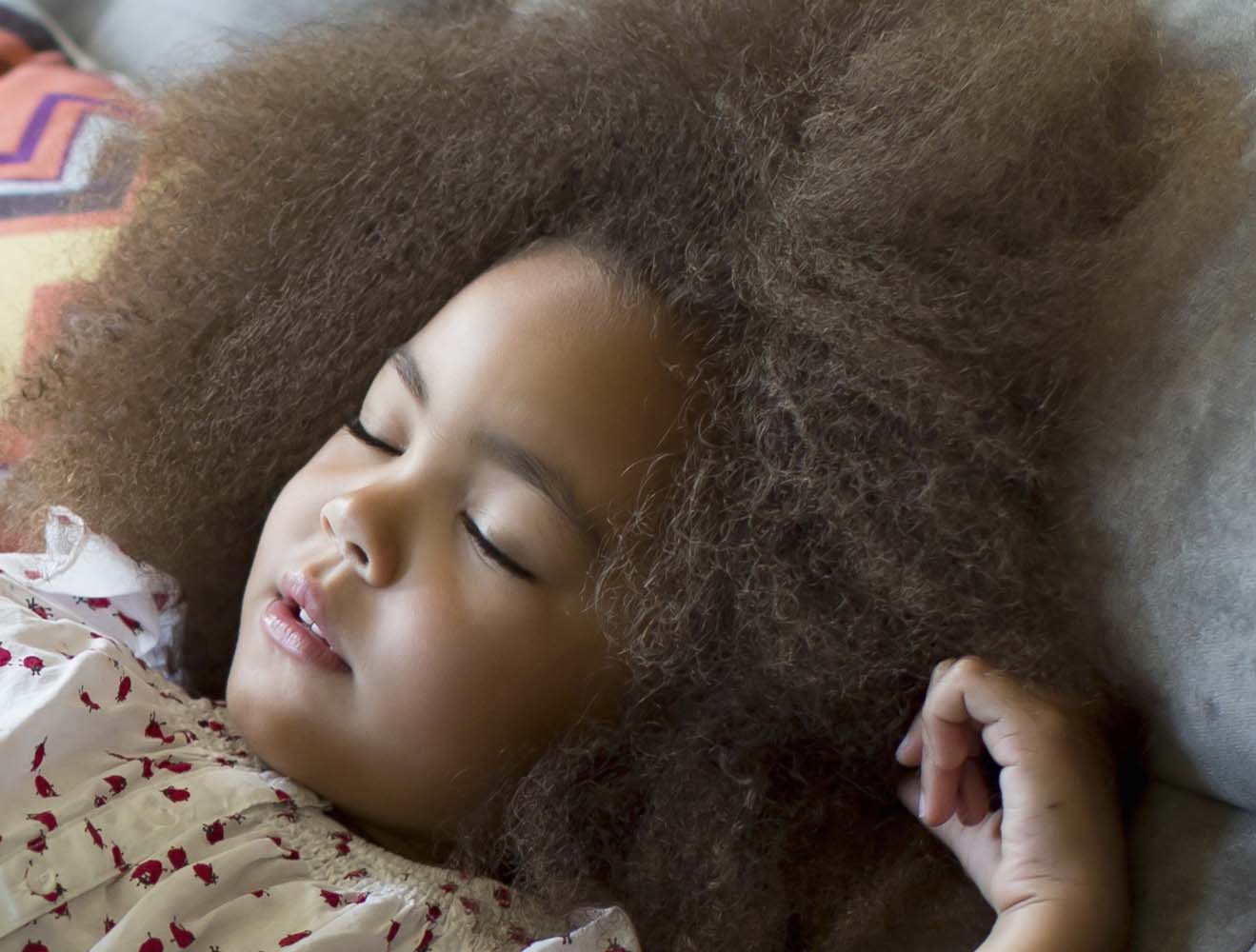Children and Sleep
Approximately 25% of all children experience a sleep problem at some point during their childhood ranging from difficulty in falling asleep to sleep apnea. Sleep is crucial to development. Lack of qualitative, restorative sleep can lead to many daytime problems such as sleepiness, irritability, hyperactivity, impaired learning, and lack of attention. For more information about how much sleep children need, please refer to understanding your sleep need.
These common pediatric problems are generally symptoms of an underlying sleep disorder. They include the following:
- Snoringcan be seen in all age groups of children from toddlers to teenagers. It can be associated with behavioral control problems and academic failure.
- Excessive daytime sleepiness, or hypersomnia, is often manifested in children differently than in adults, in that sleepy children often display symptoms of hyperactivity, irritability and inattention, and can be confused with symptoms of attention deficit hyperactivity disorder (ADHD).
- Insomnia, a condition characterized by a difficulty initiating or maintaining sleep, is most commonly manifested in children as a difficulty getting to sleep at night and an inability to get up for school in the morning.
- Abnormal behaviors during sleep, including sleep walking or acting out during sleep.

Common sleep disorders in children and adolescents include:
- Obstructive Sleep Apneais characterized by repetitive breathing stoppages during sleep, causing the child to either wake up or go a lighter stage of sleep. Snoring may or may not be present even though the breathing stoppages occur. The repetitive arousals needed to open the airway fragment sleep, leading to frequent brief awakenings and daytime sleepiness.
- Inadequate sleep hygieneis a common problem in adolescence. In the age of iPhones, text messaging, video games, social networking, and other electronic media, many kids have a long list of excuses to delay bedtimes.
Symptoms
If your child is complaining of feeling sleepy during the day, exhibits irritability, hyperactivity or has difficulty learning or concentrating in school, you may want to consider a sleep medicine evaluation to determine the underlying cause of the problem.
Consequences
Children with sleep complaints are more likely to suffer from daytime sleepiness, be moody, feel anxious or depressed, and experience behavioral or learning problems. If you suspect a sleep problem, document the symptoms in a sleep diary and consult your pediatrician or a qualified sleep medicine specialist to address the sleep issues at hand. Do not delay seeking help since the longer the wait, the more serious the potential consequences. Treating a sleep disorder can improve academic performance and overall health.
Treatment
Good sleep hygiene is essential in helping children navigate through the night and establish healthier sleep patterns. Treatments for pediatric sleep disorders vary according to the symptoms experienced and the diagnosis established. Options may range from behavioral measures to establish a healthy sleep-wake schedule, to surgical procedures or pharmacological interventions depending on the underlying diagnosis.
For More Information
For more information about children and sleep, visit the American Academy of Sleep Medicine at http://www.sleepeducation.com and the National Sleep Foundation at http://www.sleepfoundation.org.